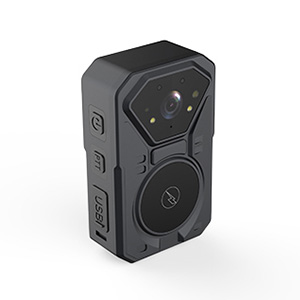
# Police Body Cam Footage Analysis
## The Importance of Body Cameras in Law Enforcement
Body cameras have become an essential tool for modern law enforcement agencies. These small devices, typically worn on an officer’s uniform, provide a first-person perspective of interactions between police and the public. The footage captured by body cams serves multiple purposes, from enhancing transparency to providing crucial evidence in investigations.
## How Body Cam Footage is Used
Police departments utilize body cam footage in various ways:
– Evidence collection for criminal cases
– Review of officer conduct and training
– Public transparency initiatives
– Conflict resolution between officers and civilians
– Documentation of crime scenes
## Challenges in Analyzing Body Cam Footage
While body cam footage provides valuable insights, its analysis presents several challenges:
### Limited Perspective
The camera only shows what’s directly in front of the officer, potentially missing important contextual information outside the frame.
### Audio Quality Issues
Keyword: body cam
Background noise and distance from subjects can make audio recordings unclear or incomplete.
### Data Management
The sheer volume of footage generated requires robust storage solutions and efficient review processes.
## Best Practices for Body Cam Footage Analysis
To maximize the benefits of body cam footage, law enforcement agencies should:
– Establish clear policies for when cameras should be activated
– Implement secure storage and access protocols
– Train officers on proper camera use and positioning
– Develop standardized review procedures
– Consider privacy concerns when releasing footage to the public
## The Future of Body Cam Technology
Advancements in body cam technology continue to evolve, with features like:
– Automatic activation based on certain triggers
– Improved low-light and night vision capabilities
– Integration with other law enforcement systems
– AI-assisted analysis for faster review
– Longer battery life and more durable designs
As these technologies develop, they promise to enhance both officer safety and public accountability in policing.
